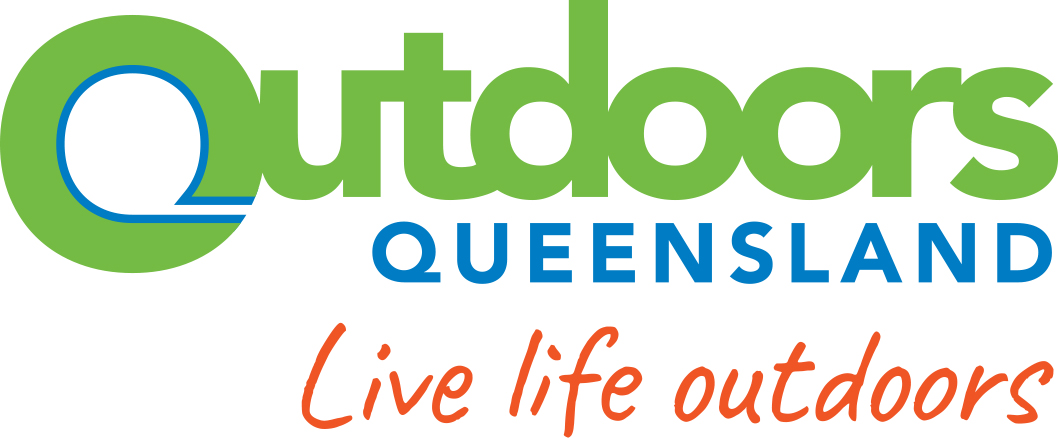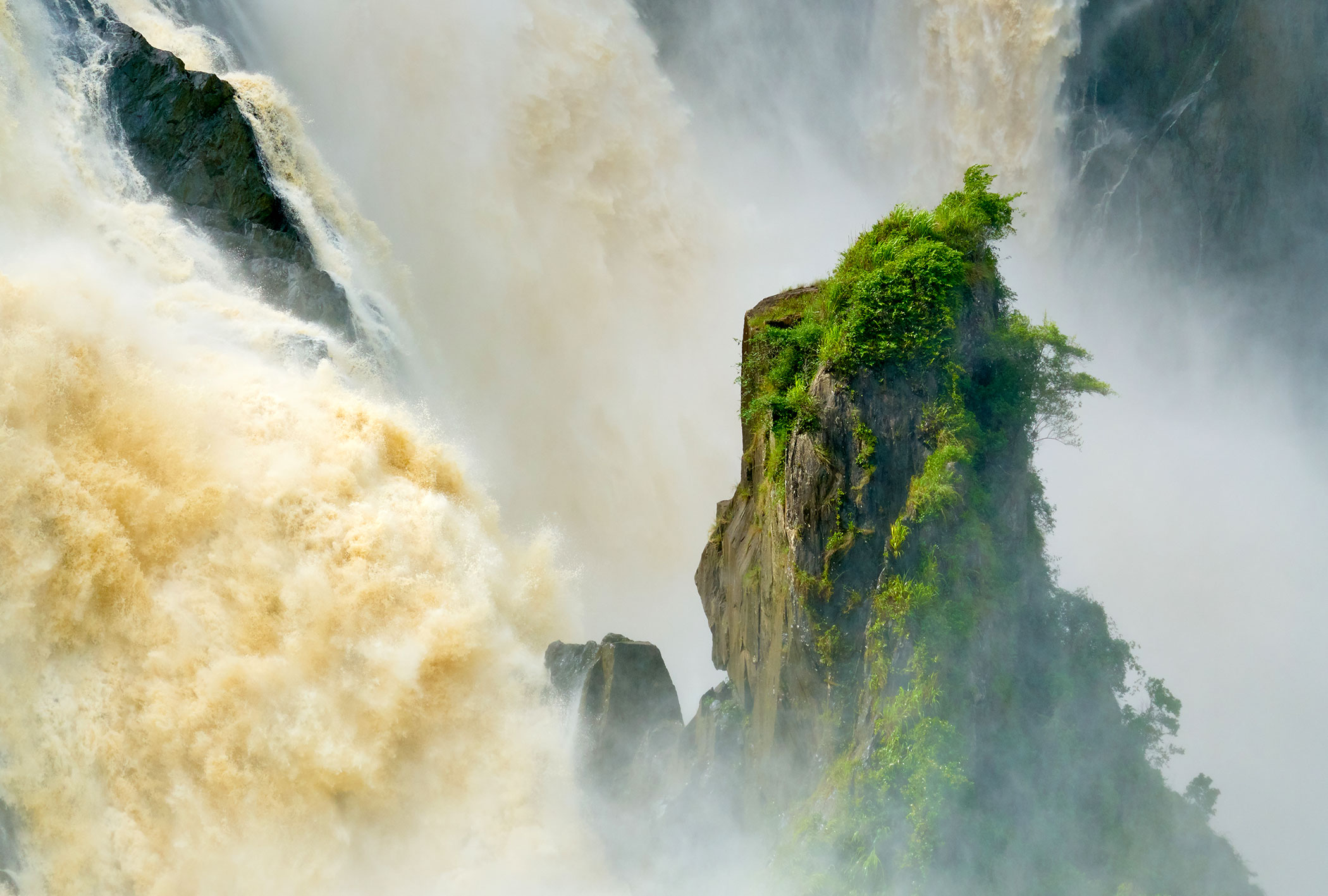Caring for the Outdoors
Minimum Impact Codes
The places we all choose to go outdoors to camp, to walk, to ride, to climb, to paddle, to fly and to sail, are very special. The uniqueness of the place adds to the outdoor activity experience. As more people discover the pleasures of recreating in the outdoors, it becomes more apparent that our bush, beaches and waterways need care and protection to ensure that they are around for many more generations to enjoy.
It is the responsibility of everyone participating in outdoor recreation, to follow a minimal impact code of practice. By observing a few simple rules, we can all make a difference and the special places we go will remain special.
The Adventure Activity Standards each have specific minimum impact considerations for you to consider, and below you will find some example Codes of Conduct that have been developed by other outdoor organisations.

Leave No Trace
The information within the seven Leave No Trace principles is recommended as a guide to minimise the impact of your visits to the natural and cultural heritage areas of Australia. Leave No Trace depends more on attitude and awareness than on rules and regulations.

ATHRA's 13 Golden Rules
The Australian Trail Horse Riders Association has developed a set of 13 Golden Rules for the environmentally aware horse rider.

Metal Detectorist's Code of Ethics
I will respect …
I will not …
I will appreciate …

Code of Ethics
Members of Outdoors Queensland are commonly involved in activities and situations where people trust them to be professional and competent. The Code of Ethics set out the standards that Outdoors Queensland expects its members to aspire to and adopt in order to guide their operations and decision-making.

4WD Queensland Code of Conduct
Developed by the the Australian National Four Wheel Drive Council in the interests of promoting responsible Four-Wheel-Drive-Touring

Mountain Biking Offroad Code
Codes of conduct designed to promote responsible and safe mountain biking while minimising risk, reducing the potential for conflict with other trail users and countering negative environmental impacts.

Rockclimbing Code of Conduct
The Rockclimbing Code of Conduct is intended to demonstrate to both landowners and the wider community the commitment of climbers to caring for crags.

Environmental Code of Ethics
Outdoors Queensland actively encourages outdoor recreation participants to recognise their personal dependence upon natural environments and to consider the impact of their own behaviour in natural settings. In this way recreation participants can discover or develop strong personal environmental ethics.
Department of Agriculture and Fisheries
Weeds cost Queensland an estimated $600 million annually and have significant impacts on primary industries, natural ecosystems, and human and animal health.
Some plants have been declared as pest plants under the Land Protection (Pest and Stock Route Management) Act 2002. Landholders, including state agencies, may be required to control declared pest plants on their properties.
The National Tropical Weeds Eradication Program (NFTWEP) targets six weed species native to tropical America which have been introduced into North Queensland.
Pest animals have significant impacts on Queensland’s primary industries, natural ecosystems, and human and animal health.
Biosecurity Queensland is responsible for coordinating the management of pest impacts of introduced mammals, reptiles and amphibians, as well as dingoes, locusts, ants and fish.
Other useful resources
The Ethics of the Outdoors
An article from Stuart Nicol and We are Explorers.
When we go into wild places, we go on adventures and see and do wild new things. For many of us, it’s a spiritual activity. Naturally, we often want to share that with others, to inspire them.
Being ethical outdoors means thinking about what we value about our own experience, both physical and spiritual, and how we can act in a way that lets other people have an equally magical experience.
Ecological Ethics (try saying that ten times with a mouthful of marshmallows) takes this even further to include our impact on the entire ecosystem; plants, animals, rocks, the whole glorious mix of everything. So if we really want to take an ethical approach to being outdoors we need to be thoughtful about our behaviour in the wild and choose to act in ways that make everything more awesome, or at least leave things unchanged.
Here’s some inspo to get your ethics brain pondering how you might want to behave in the outdoors.
Read More on We are Explorers
Leave No Trace and Social Media
There is little question that social media plays a role in the promotion of various outdoor locations, and in some cases, has led to significant resource and social impacts. It’s logical to ask, “Would this place be as impacted as it is now had it not been for Instagram, Facebook, Twitter, Snapchat or Pinterest?” Social media, like any tool or technology, can be a force for good or it can have the opposite effect. What if every social media post also included a message of stewardship? Think how different things would or could be if this were the case.
Read More
The Importance of Clean Camping
Trips to national parks, campgrounds and the outback are an enjoyable activity for many people. The clean air and beauty of nature are often an undeniable draw for people who want to escape the noise, traffic, and overall hectic environment that is associated with living and working in cities and towns. To keep this experience enjoyable for everyone who seeks it, people must understand the right and the wrong way to behave during their trip. Ethical camping ensures that the environment stays healthy for current and future generations.
(Big thanks to the girls at Creative Girls Adventure Book Club for this link – working hard to keep Mother Earth clean and beautiful)



